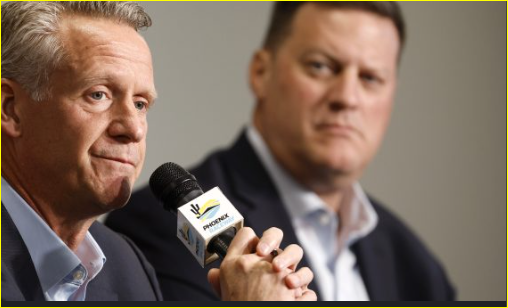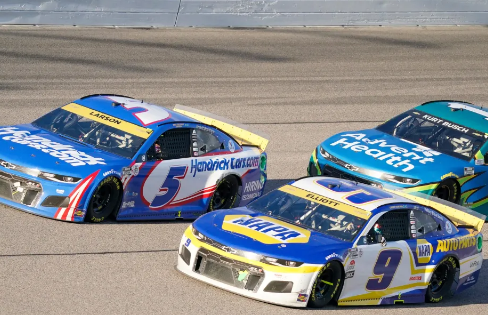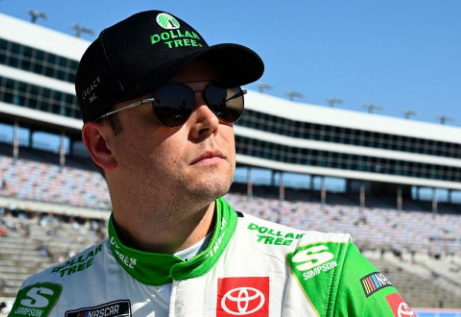NASCAR issued significant penalties ahead of its championship race, fining three teams a total of $600,000 and suspending nine team members for alleged race manipulation during the Martinsville Speedway race. These penalties stemmed from a controversial moment when Christopher Bell initially clinched a spot in the championship final four by wall-riding, a tactic that NASCAR later deemed unsafe and disallowed. This disqualification allowed William Byron to secure the final spot for the championship race at Phoenix Raceway.
NASCAR’s decision was influenced by safety concerns and a commitment to fair play, as officials reviewed other drivers’ actions during the race. NASCAR emphasized the importance of addressing any perceived manipulation to maintain integrity in the competition and ensure a fair outcome for all drivers involved in the championship battle.
NASCAR’s recent penalties at Martinsville Speedway involved fines totaling $600,000 and suspensions for nine team members across three teams, targeting the leadership rather than directly suspending the drivers involved: Ross Chastain, Austin Dillon, and Bubba Wallace. According to NASCAR’s senior vice president of competition, Elton Sawyer, while these drivers avoided suspension this time, they were warned that future rule violations compromising the sport’s integrity would face stronger consequences.
The strict stance aligns with NASCAR’s “100% rule,” implemented after the 2013 controversy involving Clint Bowyer, who spun deliberately to help teammate Martin Truex Jr. enter the playoffs. This incident led to penalties, including Truex’s removal from the playoffs and the closure of Michael Waltrip Racing. Since then, NASCAR has mandated that drivers must give full effort throughout races to prevent any manipulation that could affect competition fairness.
Sawyer emphasized that the focus on team leaders was a different approach from NASCAR’s past actions, signaling that leadership could face increased scrutiny for violations going forward. NASCAR plans additional meetings with drivers to reinforce its stance on maintaining the sport’s integrity.
NASCAR’s recent penalties at Martinsville address concerns over race manipulation related to manufacturer alliances, a common strategy at superspeedways like Daytona and Talladega. Typically, cars from the same manufacturer collaborate in the draft and coordinate pit stops, tactics that have yet to draw official penalties. However, at Martinsville, NASCAR took action after determining that Bubba Wallace (Toyota) and Chevrolet drivers Ross Chastain and Austin Dillon potentially manipulated race outcomes to aid Christopher Bell and William Byron, respectively.
The penalties for this Martinsville incident included $100,000 fines for each driver and their teams, 50-point deductions, and one-race suspensions for key team personnel. Notably, NASCAR considered broader consequences, including actions against the manufacturers themselves, but found no specific rulebook provisions to hold manufacturers accountable directly. This led NASCAR to plan meetings with Chevrolet, Ford, and Toyota to address these issues.
Trackhouse Racing (Chastain) and 23XI Racing (Wallace) have already indicated they will appeal the penalties, likely to be heard before the season finale at Phoenix. NASCAR’s Senior VP Elton Sawyer emphasized that these penalties target team leadership more heavily to stress the responsibility of upholding the sport’s integrity. This approach seeks to deter similar situations where coordinated driver tactics might affect race results in the future.


